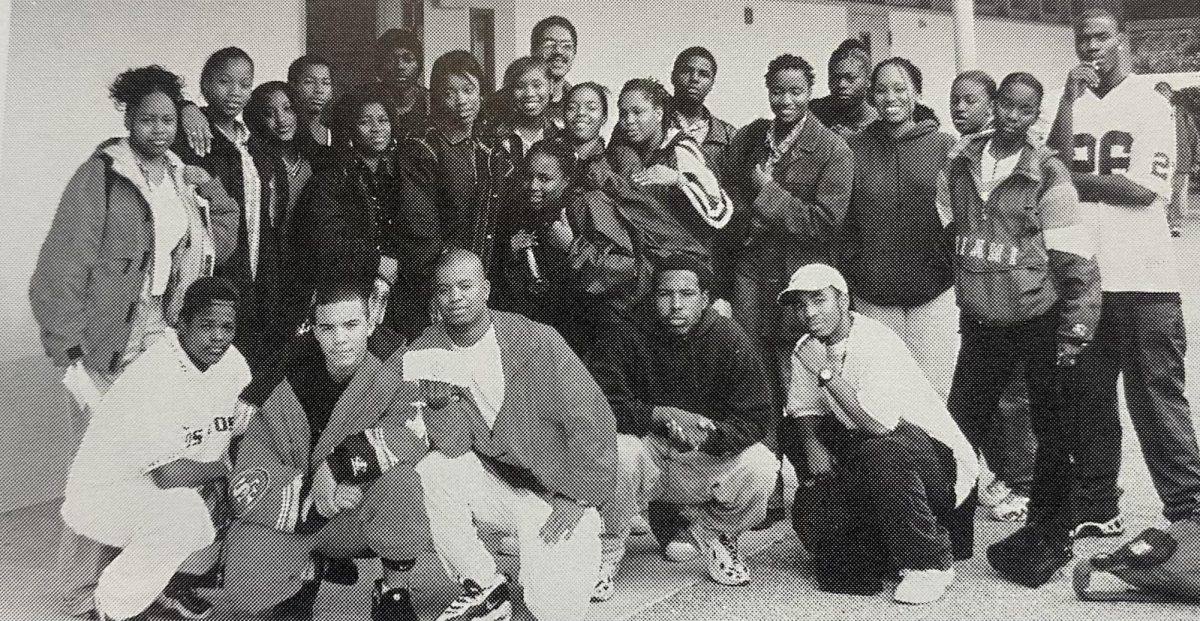It’s the word that parents accept, teachers seem to ignore, colleges love to deal out and students dread—stress.
While past generations of students worried about that midterm or occasional research paper, many teenagers today are finding it difficult to escape from the ever-impending academic stress that has become an accepted norm in our society.
“Everything is moving so quickly now,” said counselor Judy Prothro, who is involved with the Stressed out Students (SOS) Program at Stanford University. “Nobody can keep up with it anymore, and that is one reason why we’re seeing so many depressed and anxious teens.”
In our parents’ generation, academic stress was not as prevalent. Teenagers in the past might have had the same anxieties outside of academics, but school did not provide nearly the same amount of angst as it does in our current society.
“Many adults remember having much more time for free play and social lives,” stress expert Denise Pope said in an e-mail.
Pope is involved with Stanford’s SOS Program and authored the book “Doing School: How We Are Creating a Generation of Stressed Out, Materialistic, and Miseducated Students.”
Today, there are stress experts, counselors, books and seminars (such as SOS), all focusing on how to cope with the academic stresses as a teenager.
“It’s so competitive, and there’s so much pressure on students to only go to these exclusive, highly competitive schools that are not necessarily the right fit for the student,” Prothro said.
A poll conducted by The Talon showed college to be the biggest cause of stress for 72 percent of students polled—whether it is striving to get into any school at all or striving for a prestigious one. Grades, SAT scores, extracurriculars, community service, leadership—all these demanding activities, along with the dreaded college applications themselves, allow for very little time to relax.
“One of the main changes is that we have more extracurricular opportunities available to youth these days, more AP and honors courses available and more college-bound youth than when our parents were growing up,” Pope said. “So many students believe that they must do more and more and more of these in order to remain competitive.”
And to make things worse, the things that should truly matter, such as attaining knowledge and being prepared for the real world, are not emphasized. Instead, today’s academic system focuses solely on the grade. Scores are seen as much more important than general knowledge; a résumé-boosting activity is valued way above one that may be truly enjoyable.
“I think it leads to a lack of creativity because people just get into this mode of working for the grade,” senior Neha Shah said.
With the exception of art classes and some electives, creativity is discouraged due to the rigid system of the classes; with creativity come mistakes, and mistakes entail lower grades. So instead of pushing the limits of their abilities and imaginations, students methodically memorize the same material as everyone else, recall it for the unit test and final and then immediately forget everything.
Also, stress is never beneficial to the body physically and mentally; it is proven to have seriously harmful effects on people if it is a continual and dominant presence in their daily activities.
“It’s like being in a fight-or-flight mode ‘long-term,’ and our bodies are not equipped to handle this,” Pope said. “If left unchecked, severe stress, often known as ‘distress,’ can often lead to long-term ailments ranging from headaches, ulcers, sleep deprivation, cardiac arrest, anxiety, depression, eating disorders, substance abuse and other debilitating health problems.”
Many students have experienced several of these physical and mental problems in times when they are anxious or overworked.
“I find that physically my body heats up as if I had a fever,” junior Scott Greathouse said. “I procrastinate more when I’m stressed, which means I sometimes only get three or four hours of sleep.”
Despite the ever increasing amount of stress in teens’ lives, Pope is optimistic that it can begin to become a less prevalent issue.
“I remain hopeful that we will find a way to reduce the unhealthy stress so many students and adults face right now,” Pope said. “Many researchers are working on health promotion strategies to educate adults and youth on the short and long-term consequences of stress.”
When looking ahead to the four years after high school, students should try to remember the motto of College/Career Center Coordinator Kristin Joseph, which states that “college is a match to be made, not a prize to be won.”
Stress Worsening for Students
November 25, 2008
Story continues below advertisement
0
More to Discover







